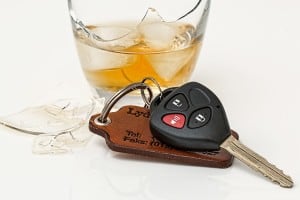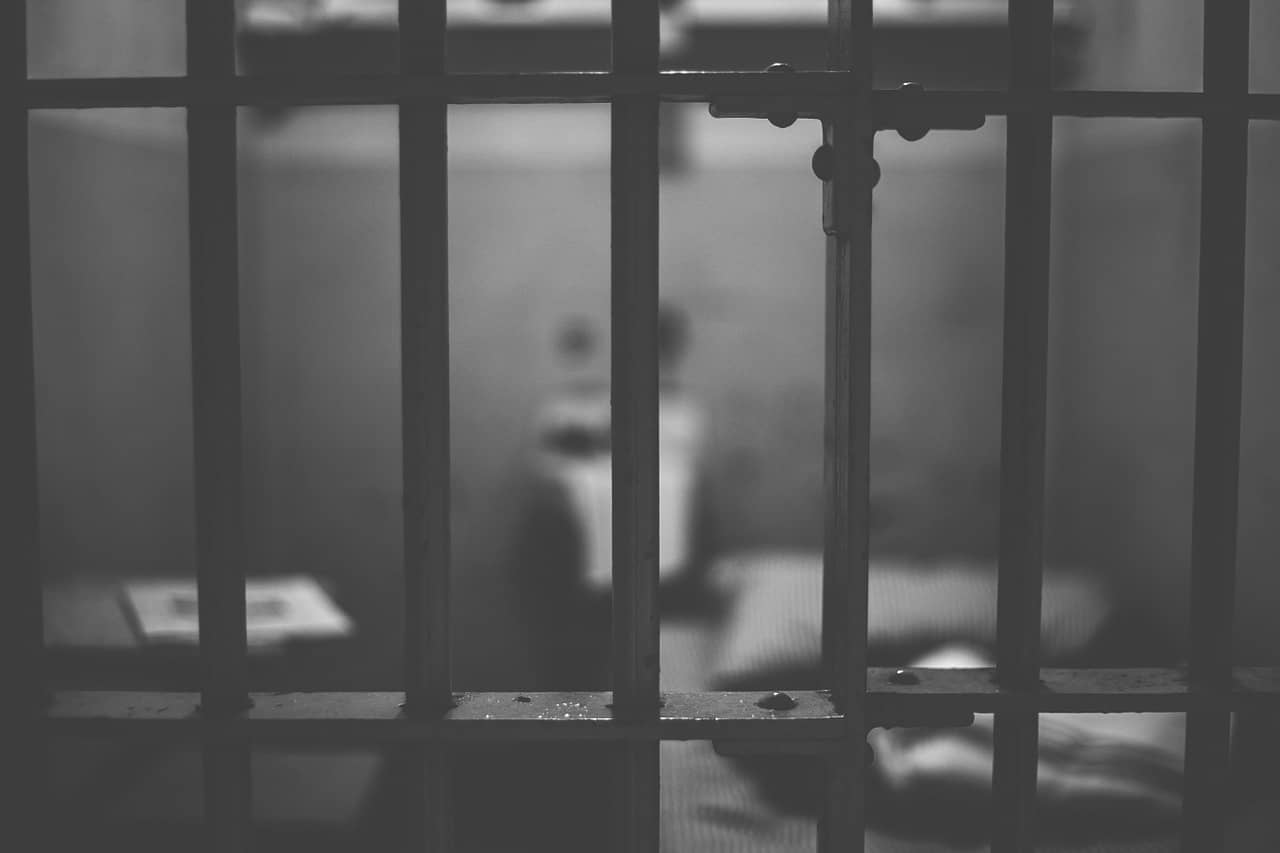Having an ignition interlock requirement can be more than a sign of a drunk driving conviction. For some, problems with alcohol abuse and addiction can lead to a pattern of drunk driving and the inevitable interlock requirement.  Still, there are others with an ignition interlock who may have had an error in judgment after a few too many drinks with friends. There is one common aspect in both cases: a person chose to drive while under the influence of alcohol. But, does that mean that person is an alcoholic?
Still, there are others with an ignition interlock who may have had an error in judgment after a few too many drinks with friends. There is one common aspect in both cases: a person chose to drive while under the influence of alcohol. But, does that mean that person is an alcoholic?
Not necessarily.
There are different types of drunk driving offenders with ignition interlock requirements:
- The binge drinker.
- The alcoholic.
- The person who just turned 21.
- The underage drinker.
- The social drinker.
- The heavy drinker.
- The wedding guest.
- The drinker on a “diet.”
You get the point.
Alcoholism, alcohol addiction and social drinking are not determining factors in the chance you’ll have an ignition interlock device. Not having a plan in place before you’re out drinking is more of a risk than your drinking habits. A drunk driving conviction doesn’t discriminate between a person who regularly drinks versus a binge drinker or a person who just had their first glass of champagne. A drunk driving conviction only sees facts: your blood alcohol concentration (BAC) was over the limit.
If you suspect you have a problem with alcohol, the best advice is to seek substance abuse counseling before you end up with an ignition interlock, a drunk driving conviction or worse. While habitual drinking and driving can definitely indicate a dependence on alcohol, it doesn’t have to mean you end up with a criminal record and an interlock to prove it. Ignition interlock devices can work “hand in hand” with substance abuse treatment programs, but, at the end of the night, it all comes down to the choices you make when you’re drinking, when you suspect you may have a problem with alcohol, and when to seek help before things get out of hand.

 That Ignition Interlock is a Life Saver!
That Ignition Interlock is a Life Saver!
Leave a Reply
You must be logged in to post a comment.